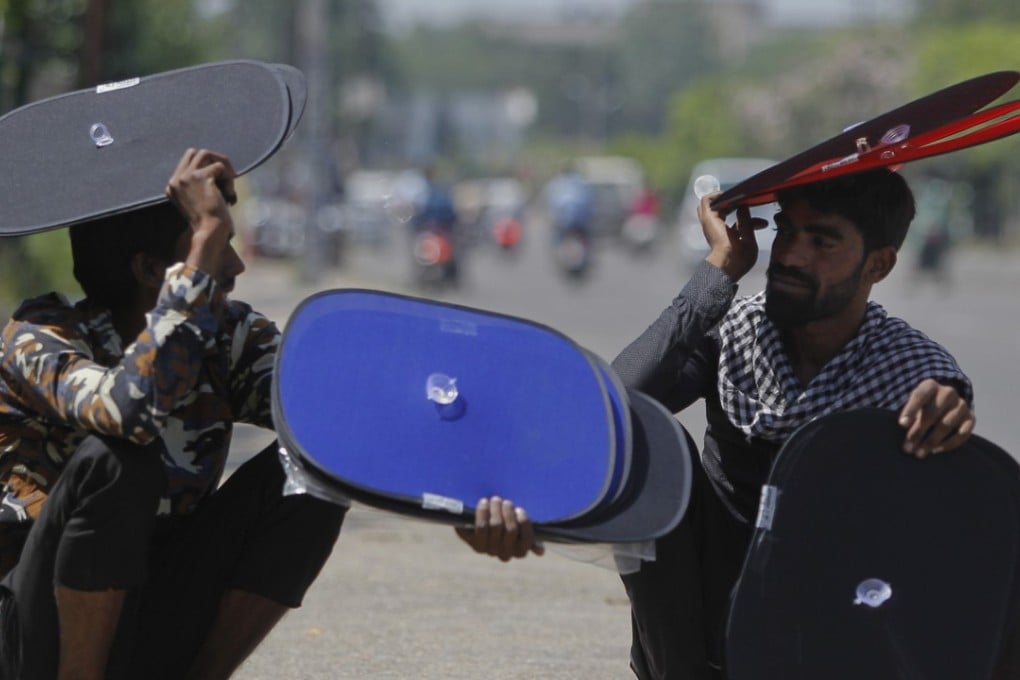South Asia may be too hot to live in by 2100 due to climate change: scientists

Climate change could make much of South Asia, home to a fifth of the world’s population, too hot for human survival by the end of this century, scientists warned on Wednesday.
If climate change continues at its current pace, deadly heatwaves beginning in the next few decades will strike parts of India, Pakistan and Bangladesh, according to a study based on computer simulations by researchers at the Massachusetts Institute of Technology (MIT).
Key agricultural areas in the Indus and Ganges river basins will be particularly hard-hit, reducing crop yields and increasing hunger in some of the world’s most densely populated regions, researchers said.

“Climate change is not an abstract concept, it is impacting huge numbers of vulnerable people,” MIT professor Elfatih Eltahir told the Thomson Reuters Foundation.
“Business as usual runs the risk of having extremely lethal heat waves.”
The areas likely to be worst affected in northern India, southern Pakistan and Bangladesh are home to 1.5 billion people, said Eltahir, the study’s co-author.